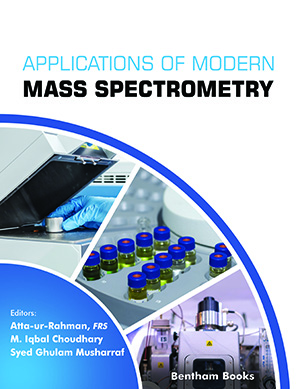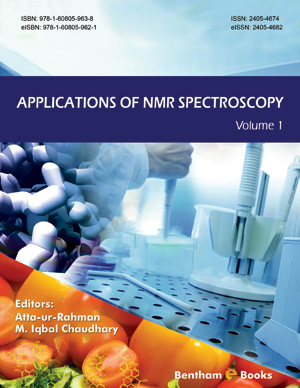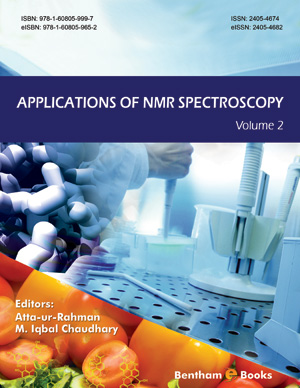Abstract
Barbituric acid is an organic compound containing a pyrimidine heterocyclic
skeleton. It is a water-soluble and odorless compound. Barbituric acid served as a
starting material for many barbiturate drugs. The variable properties of the products
achieved from barbituric acid motivate organic chemists to investigate its chemistry
and current developments have suggested it by multicomponent reactions (MCR).
Barbituric acid and its derivatives, commonly known as barbiturates, are
important in pharmaceutical chemistry because they are fascinating building blocks for
synthesizing biologically active compounds. The first barbiturate to be prepared was
Barbital (5, 5-diethyl barbituric acid), and it is hypnotic and sedative and was used as
an anxiolytic and sleeping aid. Barbituric acid derivatives act on the central nervous
system and are used as sedatives, anxiolytics, anticonvulsants, and hypnotics. Recent
investigations show that barbituric acid derivatives may have applications in matrix
metalloproteinases, inhibiting collagen-ase-3 (MMP-3), anti-invasive, recombinant
cytochrome P450 enzymes, fungicides, methionine aminopeptidase-1 (MetAP-1),
herbicides, antibacterial, anti-tumor antiangiogenic, antioxidant, antiviral, and HIV-1
integrase inhibitors. Furthermore, recent literature accounts have shown that barbituric
acid derivatives may also perform as immune modulators. Barbituric acid has been
exploited in designing and preparing various types of carbocyclic and heterocyclic
compounds. An extensive range of multicomponent reactions utilize barbituric acid as
a starting material. By using the Knoevenagel condensation reaction, a wide range of
barbiturate drugs, that act as central nervous system depressants can be synthesized
using barbituric acid. Barbituric acid is a precursor in the laboratory production of
riboflavin (vitamin B2
).






















